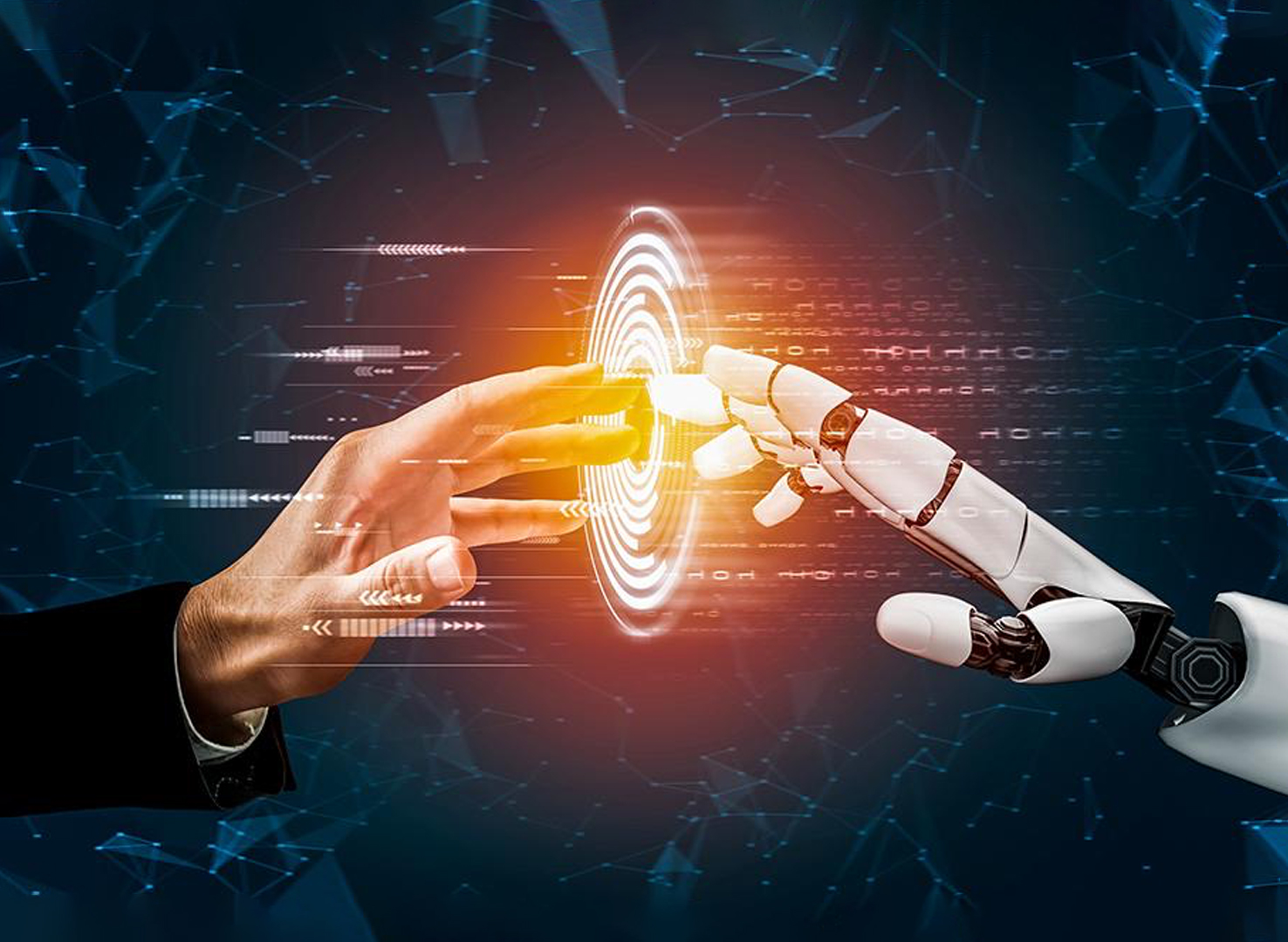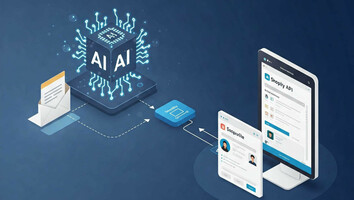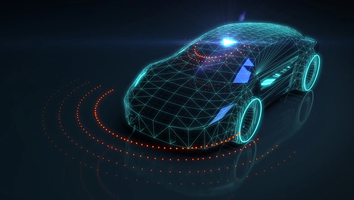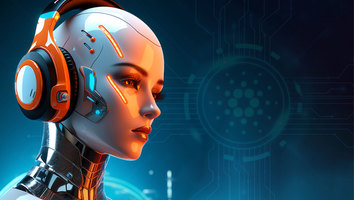Artificial Intelligence continues to be the latest buzz in the world of technology, as it is helping several industries to boost their business. Slowly and steadily, it has been noticed that AI is supplanting human intelligence, as this technology is capable of performing human functions. Will Artificial Intelligence completely supplant human intelligence? This is the question that is trending, and people are looking for an answer to it. To put it simply, AI is a technology, whereas human intelligence is the ability of the human mind to handle different tasks. Artificial Intelligence aims to build super-intelligent systems that are capable enough to handle all kinds of tasks typically performed by humans. Will AI be the future?
Deeper Look at Artificial Intelligence and Human Intelligence
AI is a technology that deals with training for a computer system just like a human brain so that it can think critically to make better decisions and thereby enhance efficiency. Human insight is the foundation stone for AI that makes the system efficient enough to handle all kinds of tasks whether they are simple or complex. On the other hand, Human Intelligence is all about the natural intelligence level of a human being that depends on different factors like genetics, education, upbringing, and environmental factors.
Artificial Intelligence vs Human Intelligence
There are so many parameters based on which we can easily differentiate between technology and the human mind. Some of the factors that are worth mentioning include:
Functioning- In the case of human intelligence, humans make use of their thinking abilities, memory, and other cognitive capabilities of the brain to handle different tasks, whereas AI has processed data and a set of commands in AI-powered devices to handle different tasks.
Ability to learn- Humans are familiar with the learning process from a very young age and keep learning through materials and experiences that make it easier for the human mind to handle any task. However, AI robots are not capable of thinking abstractly. They cannot use their experiences to handle tasks in the future.
Operation- Human mind is full of creativity and we can expect innovation and creation from a human mind for better operation while AI helps to enhance the performance but robots are not capable of innovation and creativity.
Flexible-Human is flexible to handle multitasking, as it can work under great pressure while handling different jobs, but AI can only complete one task at a time.
Speed- Humans are not successful in competing with the speed of robots, as computers are capable of processing large amounts of data at a quick speed.
Evolution- Human mind is a natural evolution that can think and work but in the case of AI, contributions are being made to enhance the technology.
Decision making- Humans can be biased in making decisions but AI simply evaluates the facts and gives an appropriate decision.
Errors- Humans are bound to make errors and overlook their mistakes as they are humans after all but AI is capable of giving you the exact results depending on the data.
Social networking- Humans are very active on social networking platforms and try to get involved in social culture, but AI cannot still be a part of it.
Adjustment- Humans can easily make adjustments according to their surroundings but AI is not able to adjust with changes and takes a longer time to show adjustments.
Future of Artificial Intelligence
Industries are making use of this latest technology for their business growth, as it helps in-
Creating better opportunities- AI is capable of automating human tasks, which results in the creation of new opportunities that are beneficial to different sectors. AI technology is being used in the fields of engineering, study, finance, work, and health to reduce human labor.
Creativity leading to innovation- AI is getting trained to deliver creative work that leads to innovation and provides the best solutions to different businesses.
Automation- Manual processes in different industrial sectors have been replaced by AI through the use of automation techniques. This is helping businesses to complete different tasks in a shorter period with minimal errors.
Better growth- AI is supporting businesses in terms of growth, as the technology is capable of providing better results while enhancing productivity.
Will Humans be replaced by Artificial Intelligence?
The hype about AI taking over the abilities of the human mind has raised the question of whether AI will replace humans in the future. Well, the answer is NO! AI can be helpful in certain fields, but not all. As a technology, it can do wonders with the support and assistance of humans. AI has immense potential to automate tasks, handle large amounts of data, give quick responses, and make decisions but still, alone it cannot be the ultimate option. AI still has to deal with creativity, innovation, critical thinking, and complex problem-solving. We all know that the human brain is completely analogous, while AI-driven machines are digital. For efficient working, the combination of AI and human intelligence can be the right approach to handle different tasks for the best results.
Future of Artificial Intelligence and Human Intelligence
Human minds are always actively learning from experiences and materials to produce positive outcomes and will continue to do so in the future. AI technology is expanding, aided by human input, to behave intelligently, which is why it has a bright future. AI is dependent on human intelligence in any branch of AI, such as machine learning, robotics, NLP, self-driving vehicles, and others, for a better future ahead. Together, human and AI intelligence can do the best for industries.
Final Say!
Human intelligence is natural intelligence, whereas artificial intelligence is data fed with a limited approach. At the same time, AI does not tire and can handle multiple tasks, putting humans under restriction. There is no doubt that natural human intelligence in combination with artificial intelligence can do wonders and holds better prospects for remarkable results.



